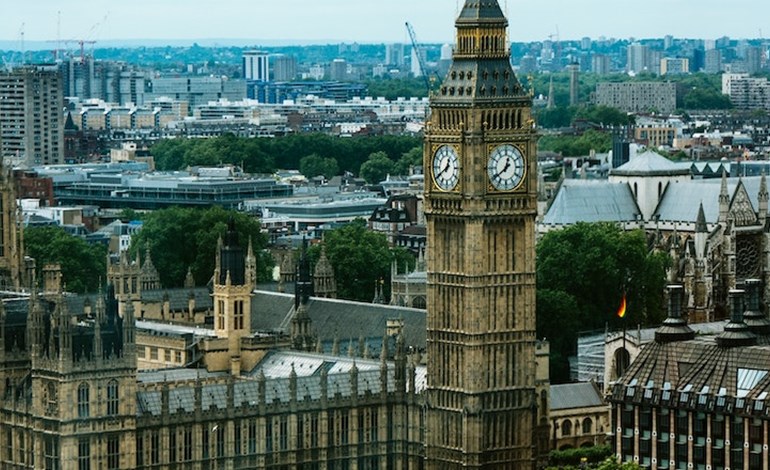The UK risks failure in its mission to decarbonise its power sector by 2035 unless government takes action to better support the delivery of renewables, a parliamentary report has warned. “Enhanced political leadership” is required to address barriers to deployment and make the UK a more investable market to developers, according to the BEIS Committee’s Decarbonisation of the Power Sector review, published today (28 April). The report warns the investment proposition for UK low-carbon electricity has “deteriorated” in the past 12 months, which “risks putting the viability of many renewable projects in danger”. “The global race for capital in low-carbon projects has intensified, and large subsidies have increased the attractiveness of the UK’s competitors,” it states. “The US Inflation Reduction Act and international responses to it are leading to a significant market shift. “Meanwhile developers of renewable energy projects in the UK are facing substantial cost inflation and windfall tax exemptions less generous than those given to the oil and gas sector.” Trade body Energy UK said the findings echo concerns raised by industry in recent months, warning the government needs to “quickly acknowledge and respond to the challenges that have grown for low-carbon developers”. Deputy advocacy director at the group Adam Berman said: “The rising costs faced by renewables projects have not been reflected in the next Contracts for Difference auction, which risks us falling further and further behind in delivering the amount of clean domestic power we urgently need to ensure our energy security, cut bills, and reduce emissions. “In addition to that, we have a windfall tax that gives favourable treatment to oil and gas companies over renewables developers at the very time when there is increasing competition for green investment from the United States and Europe.
“The real and present fear is that if we don’t move quickly to improve the investment climate, that money will find a home elsewhere.” Regen chief executive Merlin Hyman added: “The message of today’s report is loud and clear: policy uncertainty and the absence of a clear delivery plan is putting the 2035 net zero power target at serious risk.” The REA (Association for Renewable Energy and Clean Technology) welcomed the report’s focus on accelerating the delivery of renewable energy technologies, including the call for government to address deployment barriers such as “unacceptable” planning and grid delays. REA chief executive Dr Nina Skorupska said: “As well as streamlining the current pipeline of renewables, the UK must act decisively to ensure that green investment is not diverted away from the UK to other jurisdictions.” The group added “sensible discussions” need to be had on the topic of bioenergy amid recent controversy highlighted by the review surrounding the sustainability of wood pellets used to produce electricity. The BEIS Committee has urged Westminster to provide a response to the emerging competition from abroad while paying “a more active role” in delivering upgrades to the transmission network and speeding up the consenting process for new projects. “For too long, policies for the power sector have been designed in silos, without adequate consideration of how they all interrelate and fit together,” it added. It also called for a de facto ban on onshore wind in England to be overturned and for a heightened focus on ensuring the UK’s ports have the capacity to support the rollout of offshore wind infrastructure. A spokesperson for the Department for Energy Security and Net Zero (formerly BEIS) said: “We are taking real decisions to benefit this country: to deliver a secure, low-cost and low-carbon energy system, to decarbonise the UK’s electricity system by 2035, and to reduce energy bills across the UK. “The government’s support for investment in new renewable technology means we are leading the world in reaching net zero. We start from a strong position, having delivered the world’s four largest operational offshore wind farms as part of a clean energy miracle since 2010, and we have also installed enough solar to power over four million homes.”
Credits: renews.biz [Image: Unplash/Jamie Street]

